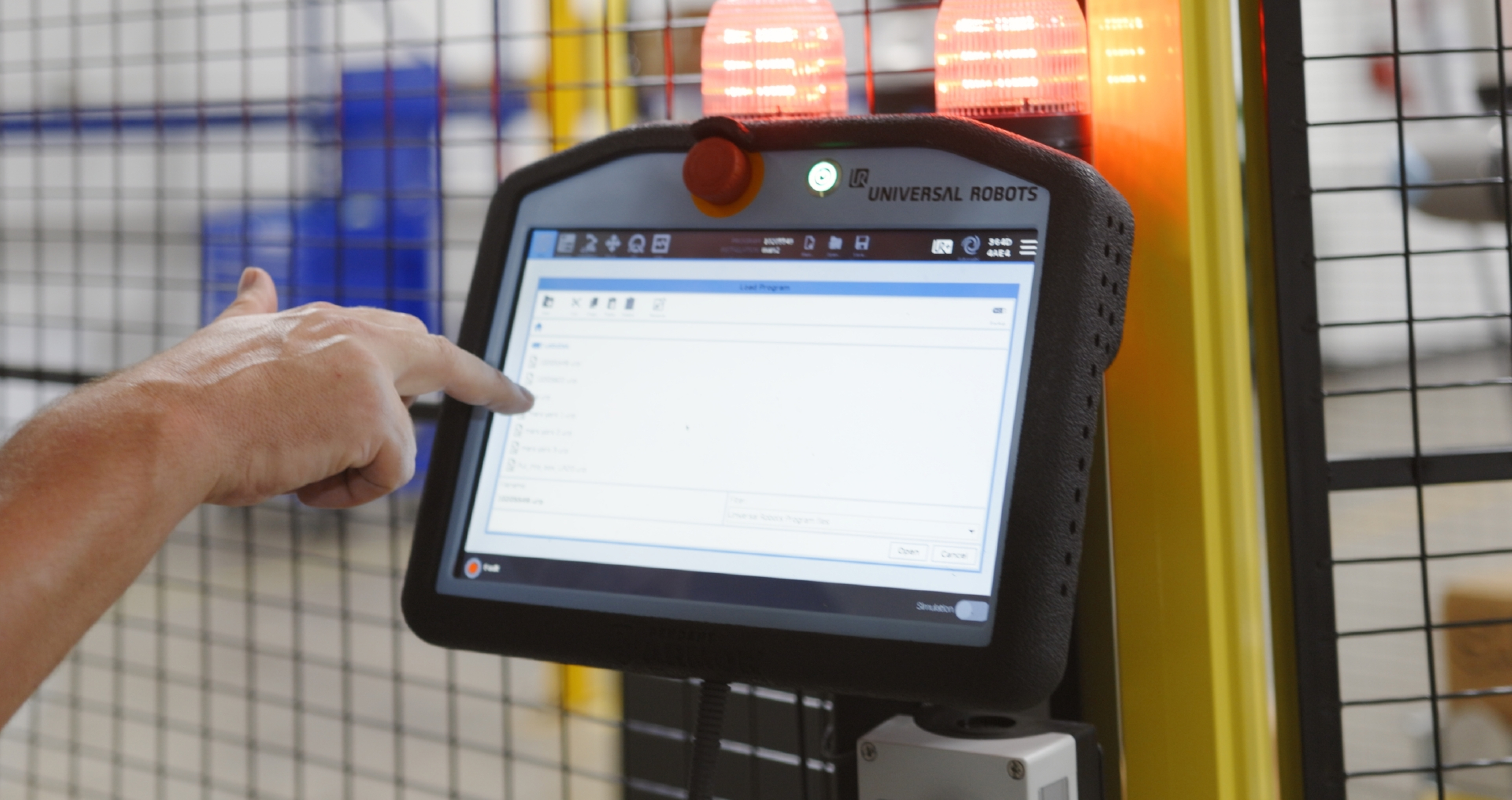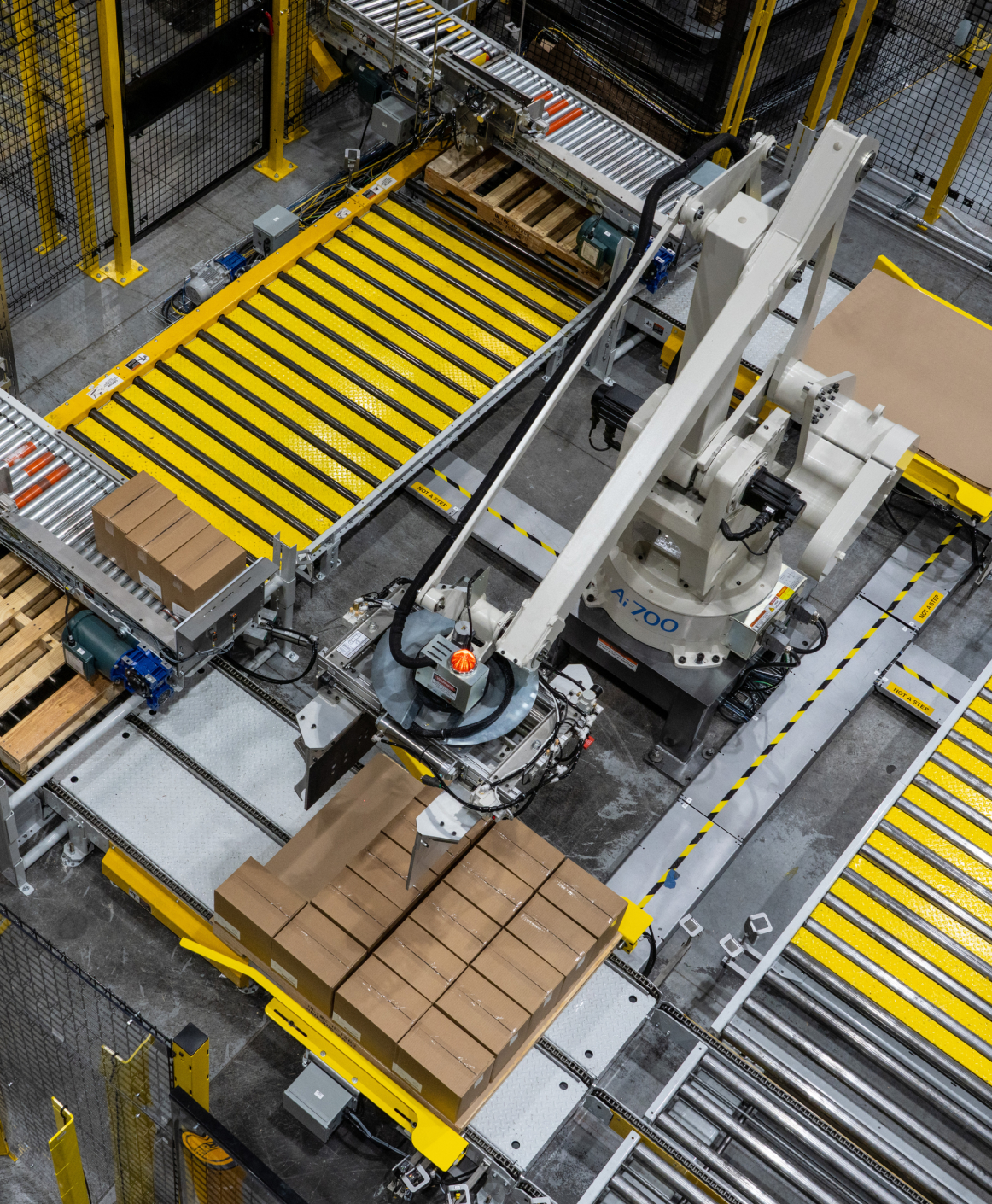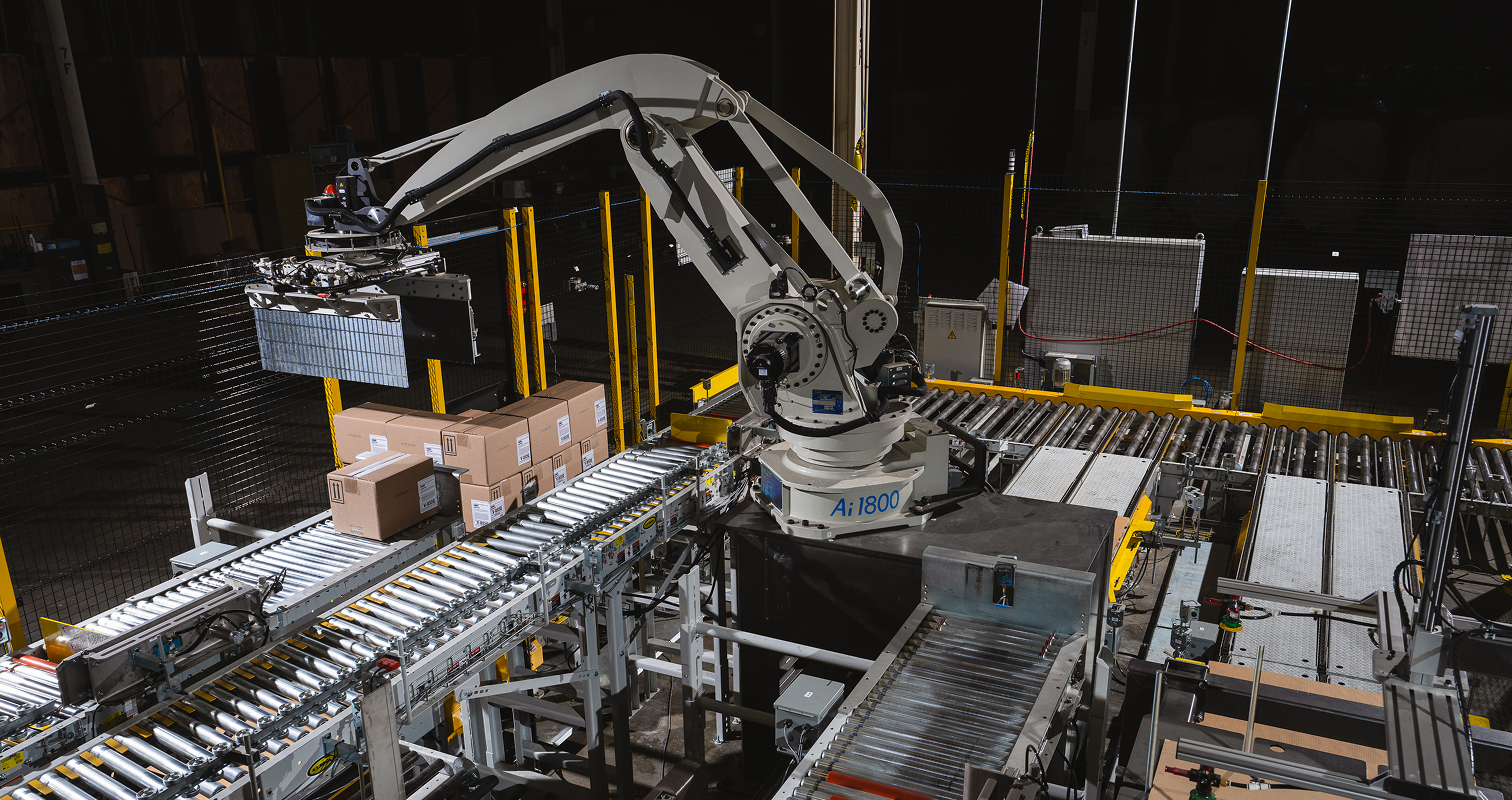What Is Process Automation in Manufacturing?
2.21.2024
0

The Power of Automation in Modern Manufacturing
Today, manufacturing demands efficiency, agility, and innovation. As market conditions evolve, process automation has become essential. It enables manufacturers to reduce costs, minimize disruptions, and significantly enhance productivity. By automating production processes, businesses can remain competitive in a rapidly changing industry.

Types of Manufacturing Automation
Automation in manufacturing includes diverse technologies, equipment, and software designed to optimize and streamline production processes. Here are four key types:
1. Industrial Robotics
Industrial robots perform repetitive, hazardous, or precise tasks such as welding, assembly, painting, and material handling. They provide:
- Increased efficiency through 24/7 operations.
- Enhanced precision and consistency.
- Improved workplace safety by reducing human exposure to hazardous conditions.
2. Computer Numerical Control (CNC) Machines
CNC machines use computer-controlled technology to precisely shape, cut, and drill components. Benefits include:
- Greater manufacturing speed and consistency.
- Reduced human error, leading to higher quality outputs.
- Increased productivity and efficiency, lowering operational costs.
3. Computer-Aided Manufacturing (CAM) and Flexible Manufacturing Systems (FMS)
CAM and FMS technologies streamline manufacturing workflows through software-driven production. Advantages include:
- Reduced production lead times.
- Greater customization capabilities without compromising efficiency.
- Enhanced flexibility to rapidly respond to changing market demands.

4. Industrial Internet of Things (IIoT) & Smart Factory Solutions
IIoT integrates sensors, connected devices, and analytics software to create intelligent manufacturing environments called "smart factories." These technologies deliver:
- Real-time monitoring of equipment and production performance.
- Predictive maintenance capabilities that reduce downtime.
- Improved decision-making through advanced data insights.
Why Is Process Automation Critical for Manufacturers?
Since 2020, manufacturers have confronted unprecedented challenges, such as fragile supply chains, labor shortages, and inefficiencies. Automation provides essential solutions by:
- Boosting Efficiency: Accelerating production cycles and reducing time-to-market.
- Enhancing Product Quality: Achieving consistent precision, reducing defects, and improving customer satisfaction.
- Reducing Costs: Decreasing reliance on manual labor, minimizing waste, and cutting downtime to boost profitability.
- Improving Workplace Safety: Eliminating risks by delegating hazardous tasks to automated systems.
- Providing Scalability & Flexibility: Quickly adapt to production fluctuations and effectively scale operations.
Benefits of Implementing Automation in Your Facility
Integrating robotics, artificial intelligence (AI), and machine learning into manufacturing offers substantial benefits, including:
- Improved safety and reduced workplace injuries.
- Optimized inventory and streamlined supply chain management.
- Shorter production lead times and faster product delivery.
- Higher productivity with significantly lower operational costs.
- Enhanced data collection for proactive maintenance and reduced downtime.
Innovative Automation Solutions with Ambrose
Whether your facility is just beginning its automation journey or expanding existing systems, Ambrose specializes in designing and implementing customized solutions tailored to your operational needs.
📞 Contact Ambrose today to learn how our tailored process automation solutions can enhance efficiency, reduce costs, and future-proof your manufacturing facility.
Find your ideal solution with Ambrose
Contact us today to explore how our high-quality palletizing solutions can maximize your productivity and profitability.
Get started
Get started
Get started
